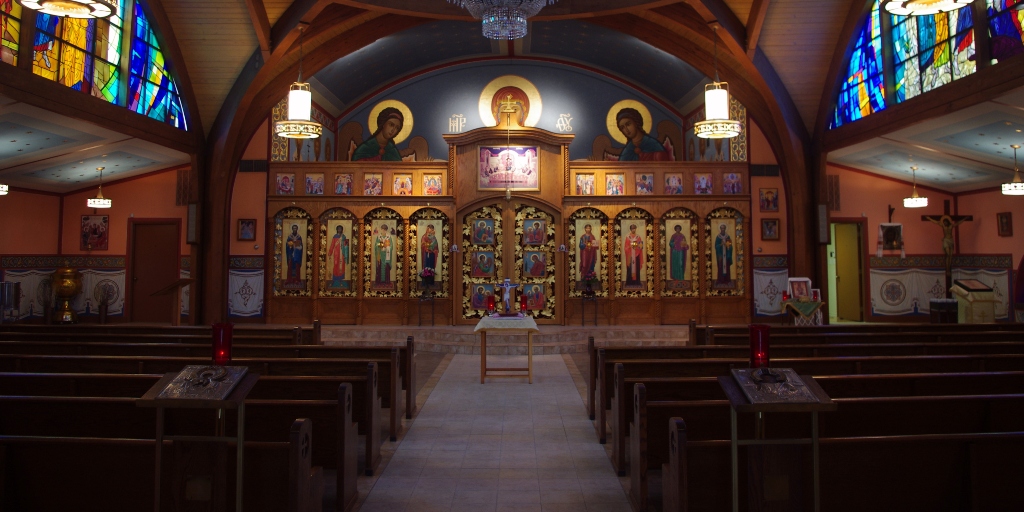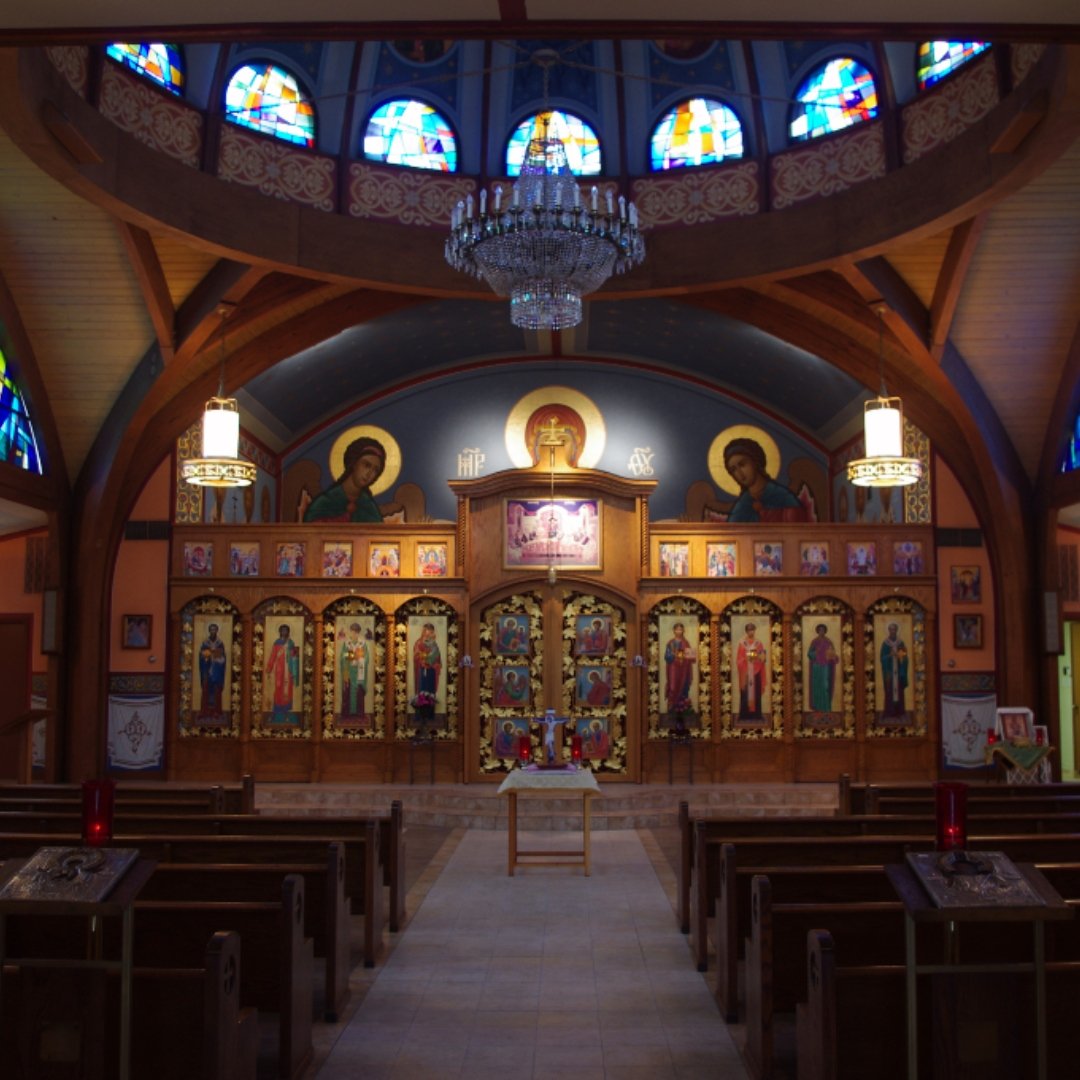
AnneMarie Miller ponders the ways we can realize our need for God’s mercy.
I held my squirming baby, hissed warnings to her two rambunctious brothers, and tried to focus my heart and eyes on the liturgy. Bells jingled as a censer swung, and incense wafted through the air. Large icons of Christ and the Blessed Virgin Mary flanked the altar, and a low chant flowed through the sanctuary and across the pews. Although I had attended a couple of Byzantine Catholic liturgies in the distant past, some elements of this rite -- the single large candelabra on the altar, for example -- had escaped my memory. Yet, one phrase struck me with familiarity:
Lord have mercy, Lord have mercy, Lord have mercy.
Over and over again, this supplication was repeated. In fact, during the homily, the priest commented on this phrase, likening it to the actions of the persistent widow in St. Luke’s Gospel (see Lk 18:1-8). Sprinkled throughout the entire Liturgy of St. John Chrysostom, we prayed, incessantly:
Lord, have mercy.
In the days since attending this liturgy, I have seen much confusion, dismay, and discord springing up nationwide and within the Church. Anger and hurt threaten to pull people apart, and I myself am not immune to some level of frustration at how various issues in the world and in the Church have been handled. However, as I grapple with current challenges, my mind drifts back to that recent Byzantine Liturgy I attended, and the plea that I -- along with the rest of the congregation -- made repeatedly:
Lord, have mercy.
What if we held tightly onto these words and joyfully brought them into our everyday lives? Furthermore, what if we, as a whole Church, lifted our voices together and made a joint act of hope-filled supplication?
Thankfully, we can. In fact, I offer my Kyrie eleison (“Lord, have mercy”) plea every single Sunday. With my parish family -- and with the whole Church -- I utter this simple prayer: Lord, have mercy. Unfortunately, there are many times when I merely vocalize these words. They remain in their dedicated spot during Sunday Mass, and stay at the church until I return.

However, this prayer is not meant to be only said on Sundays. It is meant to be lived. Our hearts must continually cry out, Lord, have mercy with joy and confidence. We need to run to the Confessional over and over again as we ask God for healing and rejoice in his mercy.
When we live out the Kyrie Eleison, I wonder too, if we may recognize that we are not alone in this journey. Perhaps we may notice that countless other people are right alongside us, asking God for help. In fact, no matter what our different perspectives, experiences, and opinions are, we all similarly need God’s mercy.
No matter what challenges we each may be going through, let’s seize hope and remember that God loves and cares for us. And let’s boldly, fervently, beg God to shower us -- and the whole Church -- with His mercy as we seek greater healing and unity.

Copyright 2021 AnneMarie Miller
Image: Nheyob, CC BY-SA 3.0, via Wikimedia Commons; Canva Pro
About the Author

AnneMarie Miller
A bibliophile, wife, mother of young children, and lover of the Liturgy, AnneMarie Miller enjoys exploring the manifold—and quirky—ways in which God speaks. She can often be found reading books to her kids, burrowing her toes in the red Oklahoma dirt, or sipping black coffee. Her reflections on Catholicism, literature, and hope can be found on her blog, Sacrifice of Love.


.png?width=1806&height=731&name=CatholicMom_hcfm_logo1_pos_871c_2728c%20(002).png)
Comments